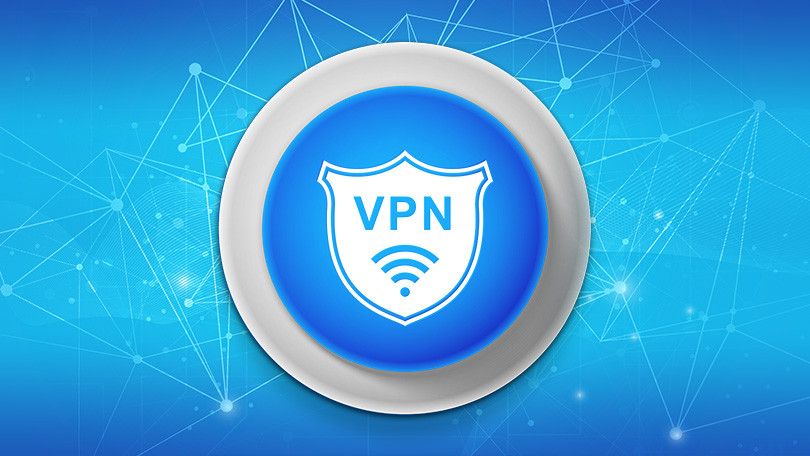A VPN is a virtual private network that aims to help you protect yourself while you surf the internet. VPN is used by most companies who want to add an extra layer of protection for their employees, especially during these times when most of them work from home.
Cybersecurity is one of the main concerns of many workers and companies, so VPN is one of the best solutions to maintain your online safety. However, there are some common mistakes people are making when using VPN that, instead of helping them, harm them. Discover below which are these and how to prevent them.
1. Employees Do Not Protect Their Credentials
Even though a VPN may offer you maximum protection online, if you share your credentials with co-workers, you increase the risk of getting hacked. At the same time, many people are reusing some of their passwords, which makes them prone to being hacked. If you share your credentials with someone else, a VPN cannot protect you.
2. Lower Productivity
One of the things that many people might experience is lower productivity while using VPN. This might be because in some cases, there might be needed a two-steps authentication, which involves speaking with the IT department. But even though this process can be made more efficient or automated, in some cases VPN decreases the performance of the apps and makes them slower. Which, in turn, affects the performance of the employees.
3. Nord VPN
If you are using Nord VPN, you have probably experienced some connectivity issues. This might be because your password is too long and this is why you should aim for creating one that has less than 15 characters. Make sure the WAN MTU size is less than 1492, as this might be a problem too.
4. More VPNs on a Router
One of the common mistakes people are making is to buy the wrong router. Depending on the provider, some routers cannot support more than one VPN tunnel. So, make sure you assess ahead your needs and buy the right model.
5. Not Having Access to Resources When Connecting from Home
One of the most common errors people get is the inability of having access to the resources on the server when they are working from home. To connect to the company’s network, you need to turn on your VPN. To solve this error you might encounter, you need to make sure split-tunneling is turned on. Turning it on might pose certain risks, but none that cannot be combated with security measures such as installing an antivirus.
6. Not Needing a VPN?
For some people, using a VPN is odd. Many of them think the internet is a safe place, mainly because it did not happen to them or their friends to be hacked. However, there are many security concerns when using the internet, especially for companies that work with sensitive data. Those who are using VPN are not crazy but take precautionary measures.
7. Wrong VPN
There are many VPN options out there that promise to offer you 100% protection while surfing the internet. However, choosing the right option mainly depends on your needs. And you and your employees might end up surfing the internet and thinking your traces are covered, but in fact, none of your activity is encrypted, said John O. from essay writing reviews and Australian Writing.
8. Sharing Data with Third Parties
One of the most common mistakes many people who use VPN make is thinking they are fully protected while spending time online. VPN offers you the protection you need, but if you share your data with third parties, then this layer of security slowly disappears. Even though you are using the internet anonymously, some websites you access might request your email address. If you give them your real email address, then you are no longer protected at all. How to beat this? By setting up an email address you use only when you are using VPN.
9. Free VPN?
According to assignment masters, many companies and businesses do not have the necessary funds to invest in paying for a VPN and instead choose to use a free one. But even though this might help you save some money, be aware of the fact that a free VPN might not cover all your traces. Even though you browse the internet anonymously, they might sell your data to third parties, note the best assignment writers uk on cybersecurity topics.
10. Authentication Codes
One of the common mistakes many companies are making when using VPN is to use authentication codes that are not secure at all. One way hackers can have access to your network is by hacking the authentication codes you use. Avoid using SPAP (the Shiva password authentication protocol) or PAP (password authentication protocol) and opt for stronger options, such as MS-CHA or MS-CHAP v2.

